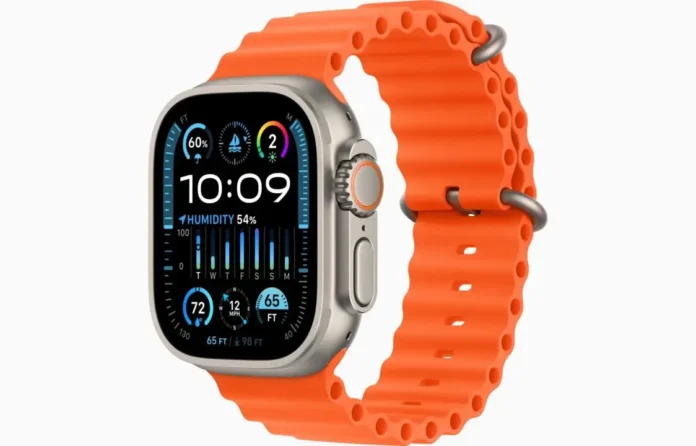In a surprising turn of events, Apple has reportedly canceled its order for microLED displays intended for the Apple Watch Ultra. This decision has led to legal action from LG, one of the companies involved in the development of the microLED technology for this specific device.
Originally slated to feature the cutting-edge microLED technology, the Apple Watch Ultra was poised to offer superior display quality and efficiency. However, due to undisclosed reasons, Apple has opted to discontinue this plan.
LG, a key player in the microLED supply chain, has expressed disappointment with Apple’s decision and is now seeking compensation for its involvement in the project. The South Korean tech giant had been working closely with Apple to develop the microLED panels specifically tailored for the Apple Watch Ultra.
The reasons behind Apple’s cancellation of the microLED order remain unclear. Some speculate that technical challenges or production difficulties may have contributed to this decision. Others suggest that Apple may have encountered unforeseen costs or delays that made the project economically unfeasible.
MicroLED technology has long been touted as the next-generation display technology, offering advantages such as higher brightness, wider color gamut, and lower power consumption compared to traditional OLED panels. However, the technology is still in its early stages of development, and mass production has proven to be challenging.
The dispute between Apple and LG highlights the complexities and risks involved in developing cutting-edge technologies for consumer electronics. As companies continue to push the boundaries of innovation, it is not uncommon for projects to be delayed or canceled altogether.
For consumers eagerly anticipating the next generation of wearable devices, this news may come as a disappointment. While the Apple Watch Ultra remains a highly capable device, the absence of microLED technology means that users will have to wait a bit longer to experience the full potential of this advanced display technology.

